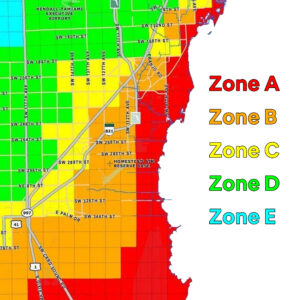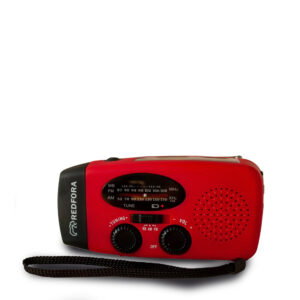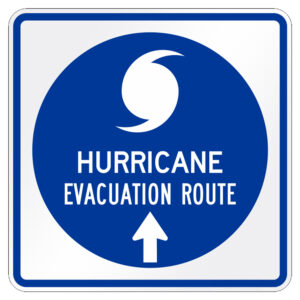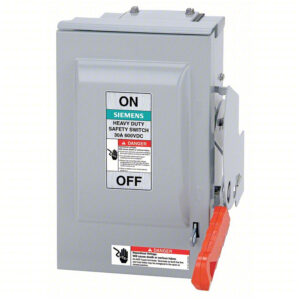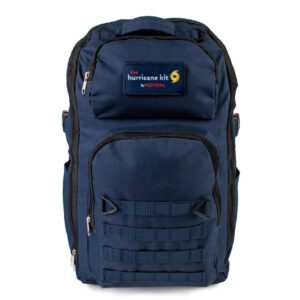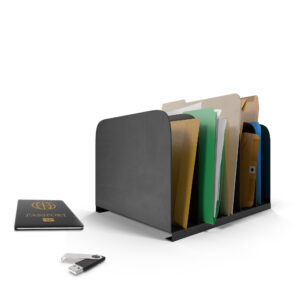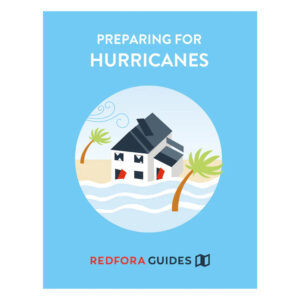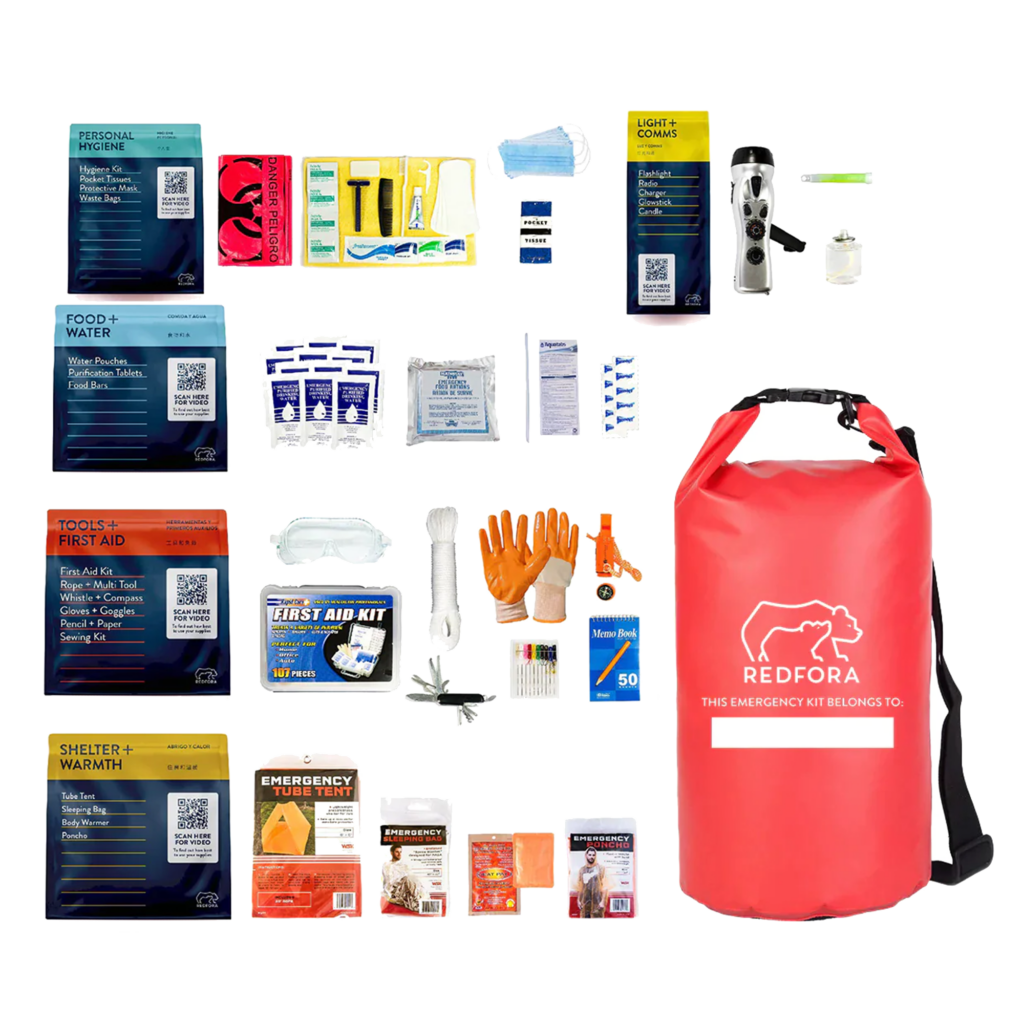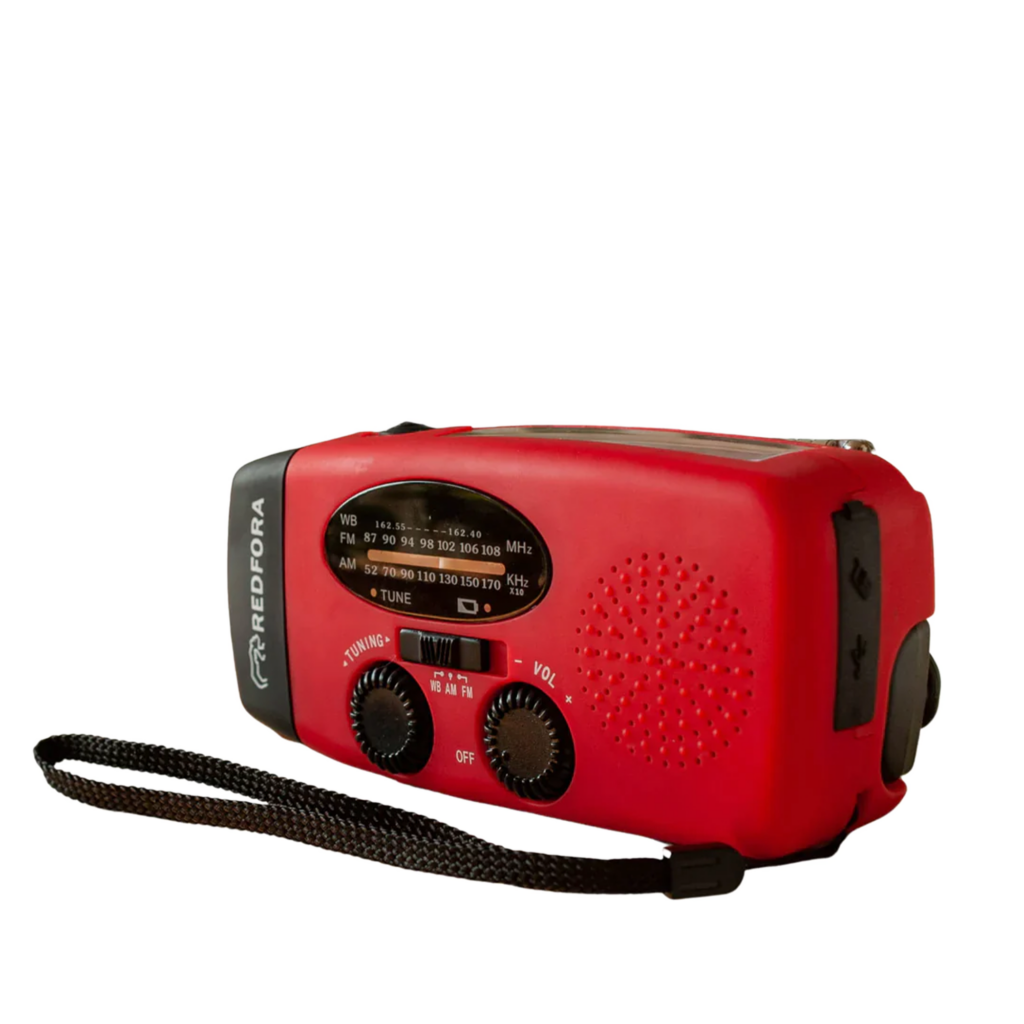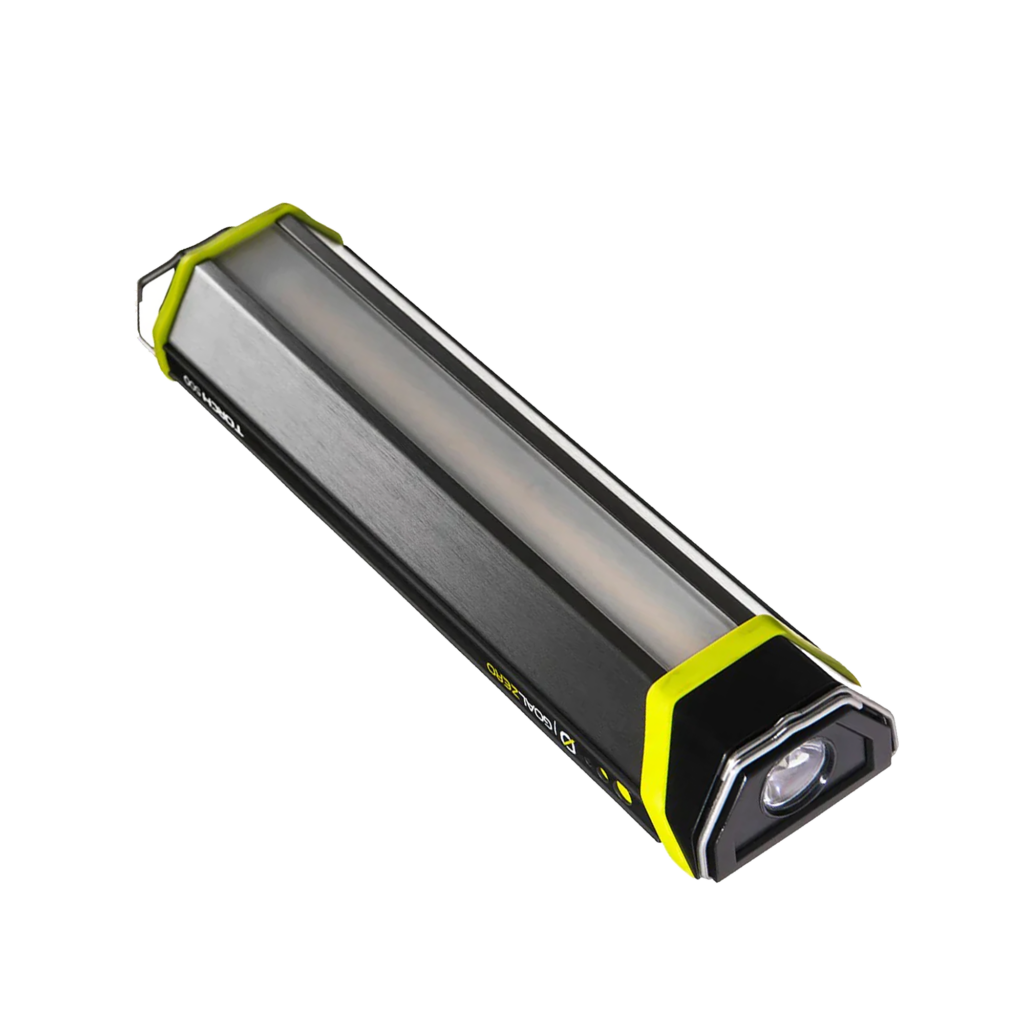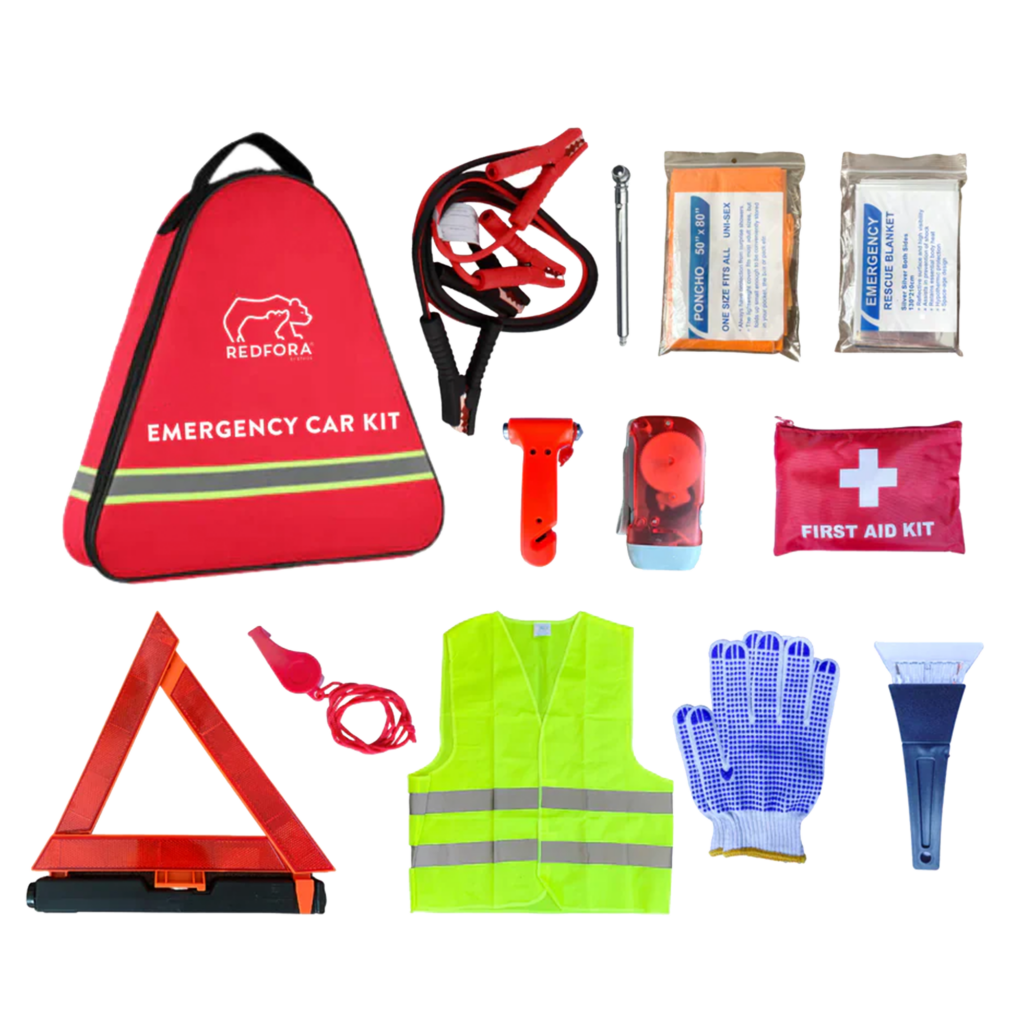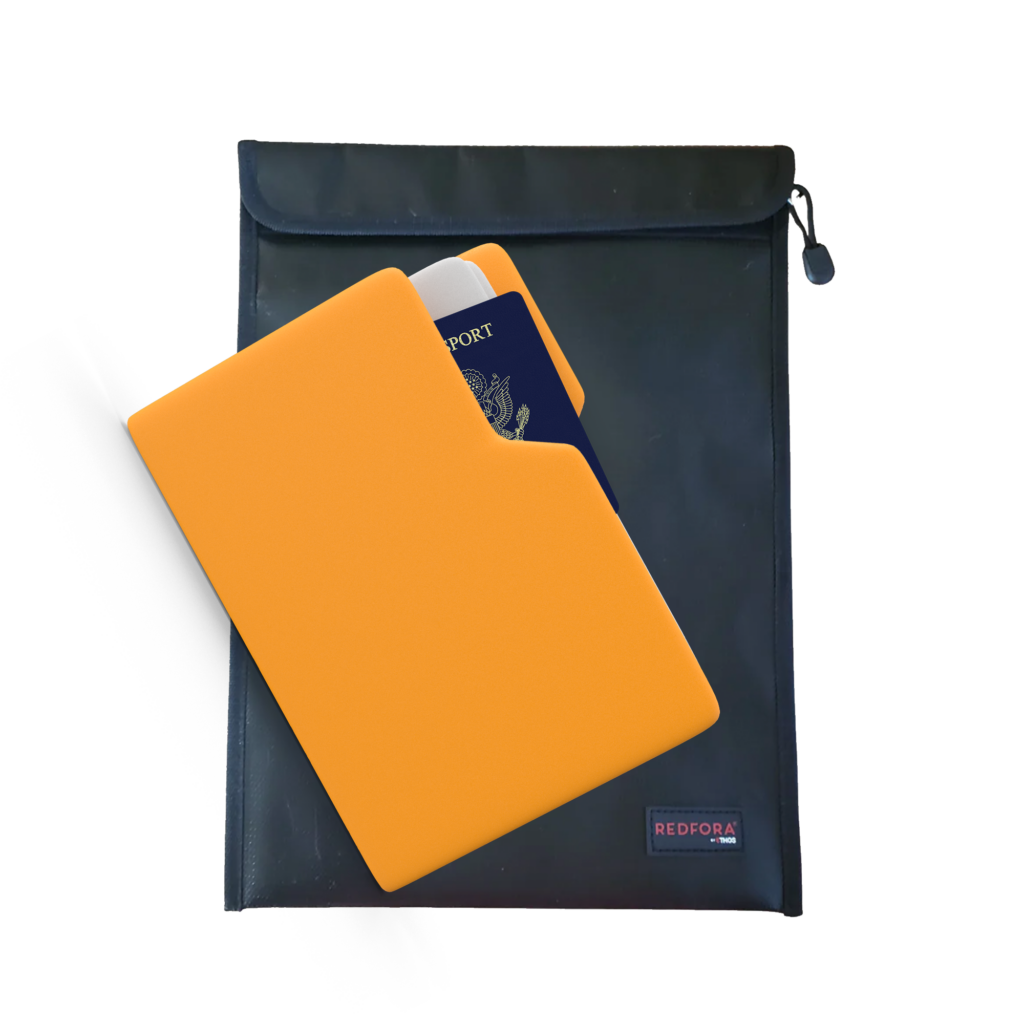
Is your workplace ready for anything? Access in-depth educational resources through our LMS Program, and get prepared. Reach out today to get started.
A hurricane watch means hurricane conditions are possible in a stated area. Hurricane watches are issued 48 hours before experts expect the onset of tropical-storm-force winds. When a hurricane watch is issued, your should begin taking action to prepare for the event.
A hurricane warning is more serious. It means hurricane-force winds are expected in a stated area. Hurricane warnings are issued 36 hours before experts expect the onset of tropical-storm-force winds. By this time, you should be executing whatever action has been recommended for your area.
Your hurricane vulnerability is determined by an array of variables including the strength of the storm, your location relative to the hurricane’s landfall, the susceptibility of your area to flooding and/or storm surge, and the type of structure that you live in. Generally speaking, you face a greater risk if you live near the coast in a flood zone in a manufactured home and a smaller risk if you live 50 miles inland on a hill in an apartment complex. Visit chapter 2 of Redfora’s “Preparing for Hurricanes” guide to better determine your home’s vulnerability.
Some storms are a matter of inconvenience and hardship, while others are a matter of life and death. Discerning the difference is a matter for emergency management officials who will error on the side of caution in their recommendations in order to save lives. If you live near the coast or on a floodplain within a hurricane zone, you need to Know Your Zone so that you can effectively heed those recommendation. Your hurricane zone is an indication of how vulnerable your area is to potentially catastrophic hurricane damage. More importantly, evacuation orders and shelter in place recommendations will sometimes be issued for specific zones. For example, you may be ordered to evacuate if you live in Zone A or encouraged to prepare to shelter in place if you live in Zone C.
If you look up the name of your state or county and the words “hurricane evacuation zone,” you’ll likely stumble upon a map where you can find your home’s zone. Some states do this better than others! Here’s a list of what we managed to find:
Alabama:
Your best option is to stay with friends or family who live at least 50 to 100 miles inland from the coast. At this distance, you will still experience the hurricane, but you will be less vulnerable to the most life-threatening aspects of the storm – namely the wind and the storm surge. Your second-best option is to stay in a hotel distant from the storm. A lot of people will resort to this option, which means it will be difficult to land a room at a convenient distance. You may need to drive 200 miles or more to find an available room. Your third option – because it is your least private and comfortable choice – is to stay in a hurricane shelter. Both the Red Cross and FEMA offer free apps that will help you to keep tabs on shelters near you while also sending you updates on the hurricane itself. Keep in mind that shelters typically do not allow you to board pets.
Your Go Bag is a jump start on your packing efforts. No one can be fully packed and ready go evacuate all the time, but if you’re half packed with items that you will indisputably need, your evacuation will prove less stressful, and you’ll be less likely to forget something important. Visit Redfora’s Assembling a Go Bag page for thoughts on what to include.
In the event that you need to ride the hurricane out at home, expect to find yourself stranded for hours or days. The combination of downed trees and power lines and flooding will likely make it unsafe to venture out for resupplies in the initial aftermath. Local shops may be boarded up in any case. In addition to being stuck at home, there’s a likelihood that the hurricane will have disrupted power and left your tap water unsafe to drink. Uh oh. Visit our Shelter in Place Preparedness page to learn more.
Hurricane Preparedness Steps
Know Your Zone
Look up your county’s hurricane evacuation zone map. If you live in a higher risk zone, evacuation will be more likely during a hurricane.
Choose an Evac Site
Plan at least two options for places that you can go should you have to evacuate. Research the evacuation routes assigned to your area.
Know Your Utilities
Officials may encourage you to shut off your electricity, gas and/or water for safety. Make sure that you know how and that you’ve got the right tools.
Brace Doors + Windows
Bracing your doors and windows with pre-cut plywood will help minimize damage and protect you from dangerous winds.
Protect Your Files
What documents do you need to recover if you lost your home? Make photocopies or store on a flash drive in your kit. Learn more here.
Shop for Hurricane Supplies at Redfora
Subscribe to our newsletter and get $10 off your first order over $99.
